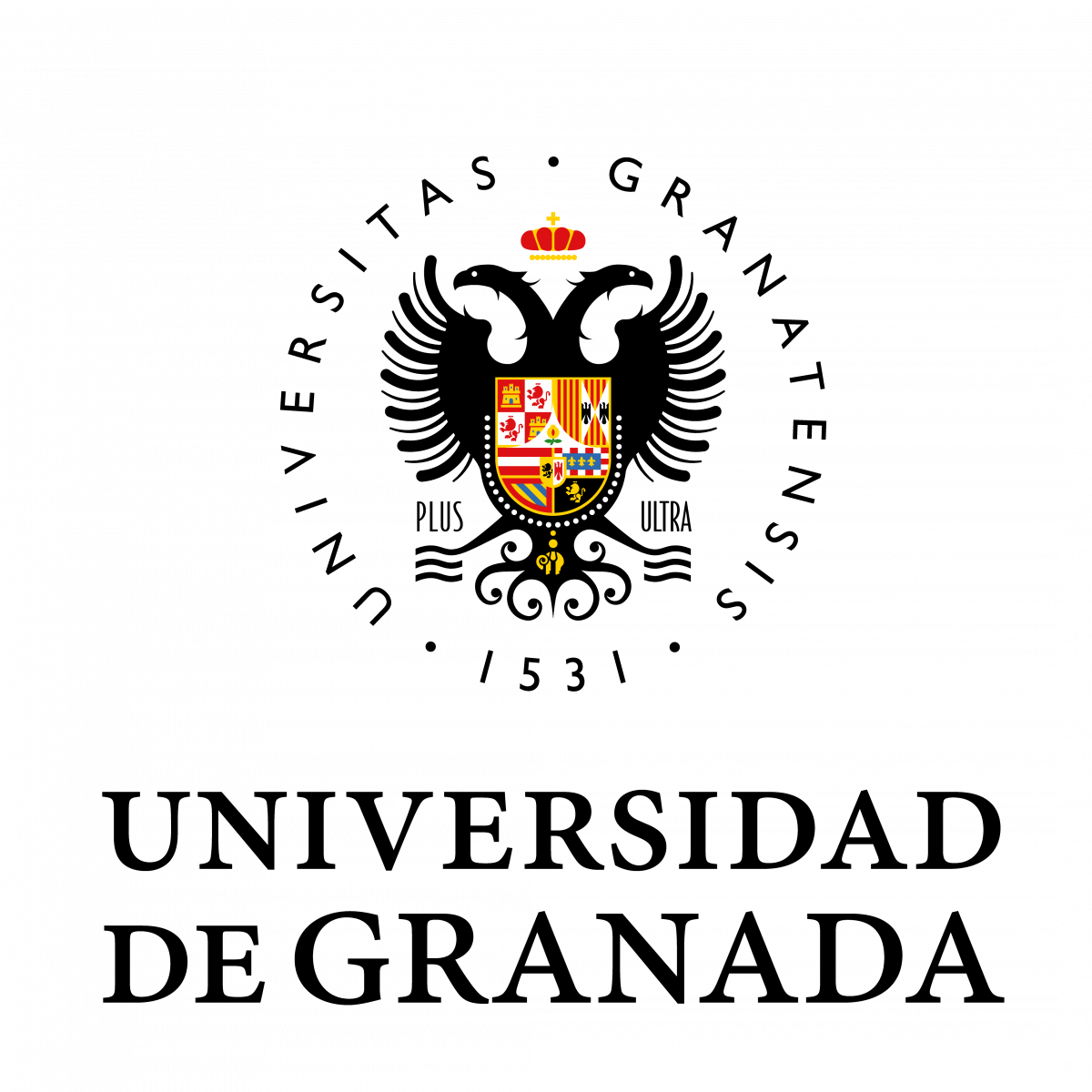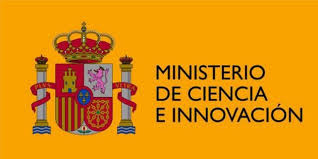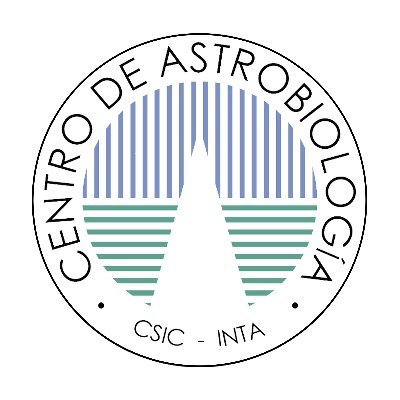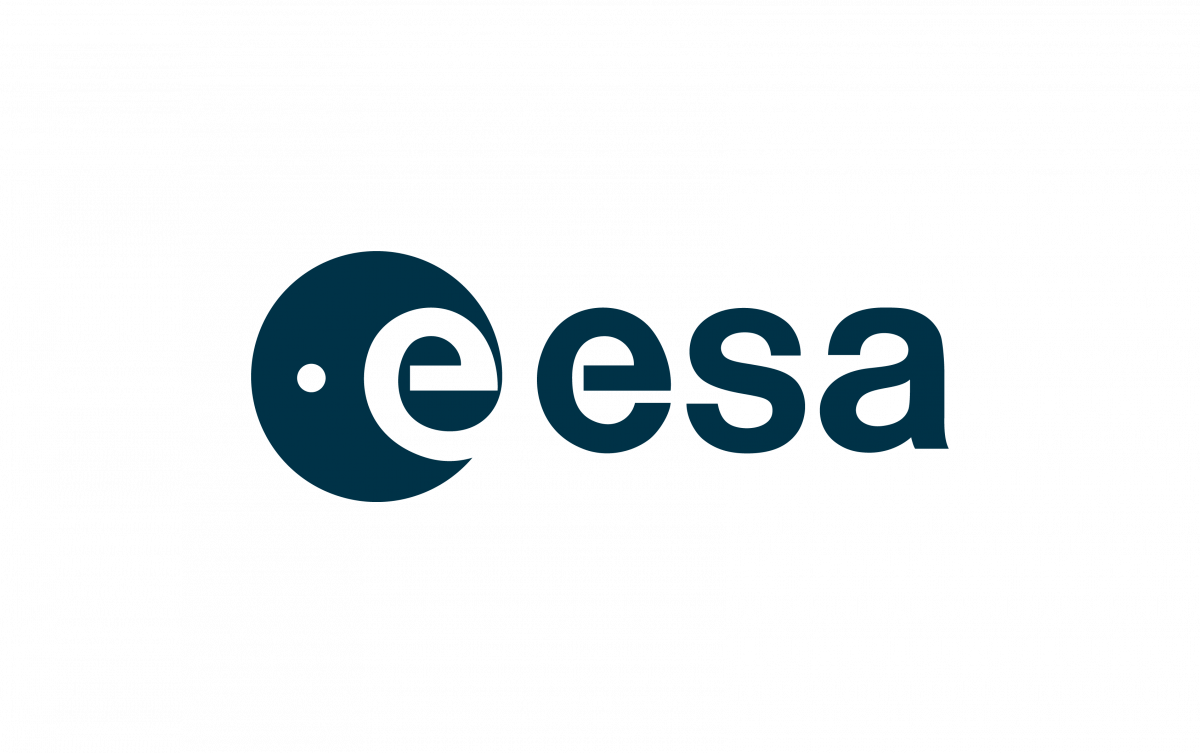First Announcement
Dear Colleagues,
We are pleased to announce the PLATO Mission Conference 2021: Exploring exoplanets in the habitable zone of solar-like stars, which will be held from 11 to 15 October 2021 as online event.
PLATO is the M3 mission in ESA’s Cosmic Vision programme and currently under development with a planned launch date in 2026. PLATO will search for exoplanets and perform their bulk characterisation with an unprecedented accuracy, focusing on Earth-size planets orbiting in the habitable zone of bright Sun-like stars. PLATO will use the transit method combined with the seismic analysis of the host star and with ground-based radial velocity measurements, to determine the planetary mass, radius, age, and orbital characteristics of the system.
The detection and characterisation of small planets with long periods (> 1 month) pose a number of challenges on the satellite development and on the processing of the light curves. Likewise, ground-based radial-velocity measurements of long-period small planets require the most advanced instrumentation and observation strategies. And, in addition, an accurate determination of their planetary parameters can only be achieved by an enhanced knowledge of the host star characteristics, which involves new developments in asteroseismology and stellar modelling. To tackle these issues, the PLATO Mission Consortium has set-up an extended network of working groups that are devoted to the preparation of the operations and the scientific exploitation of the mission.
PLATO is expected to have a major impact on the areas of exoplanet diversity, composition, evolution, architecture of planetary systems, and stellar modelling. PLATO will follow the exoplanet observatories CoRoT and Kepler/K2, and will operate in similar time frames to Gaia, TESS, CHEOPS, JWST, ESPRESSO/VLT, Roman Space Telescope, Ariel, and the ELT. The PLATO observing strategy will be defined considering the synergies with these facilities.
This Conference aims at presenting the status of the PLATO mission to the community, both on the satellite development and scientific preparation, and at bringing experts working on observations and theory associated with any of the PLATO science objectives (for more information go to https://www.cosmos.esa.int/web/plato/ ).
The major themes of the Conference are:
-
PLATO development status
-
Selection of the PLATO sky fields and the PLATO Input Catalogue
-
Light-curve analysis for detection and characterisation of long-period small planets
-
Asteroseismology and stellar characterisation
-
Advances in modelling stellar internal structure and evolution
-
Stellar activity
-
Ground-based observations for the confirmation and mass determination of planets
-
Long-period small planets and habitability
-
Planetary structure, composition, evolution, and architecture of planetary systems
-
PLATO in the context of Kepler/K2, TESS, CHEOPS, JWST, Roman Space Telescope, Ariel, and large ground-based observatories
-
Complementary science topics benefitting from PLATO high-precision photometry
Important dates:
15 Mach 2021: Opening of registration and abstract submission
18 June 2021: Deadline of abstract submission for oral contributions
30 July 2021: Announcement of final program, and deadline of abstract submission for poster contributions
24 September 2021: Deadline of registration
Scientific Organising Committee
Conny Aerts
Jessie L. Christiansen
Magali Deleuil
Marc Antoine Dupret
Rafael Garrido
Laurent Gizon
MarieJo Goupil
Ana M. Heras
Hans Ludwig
Rosemary Mardling
J. Miguel Mas-Hesse
Isabella Pagano
Giampaolo Piotto
Don Pollacco
Roberto Ragazzoni
Gavin Ramsay
Heike Rauer
Keivan Stassun
Juan Carlos Suárez
Stephane Udry
Confirmed Invited Speakers
Maria Bergemann
Andrew Collier-Cameron
Guy Davies
Sebastien Deheuvels
Caroline Dorn
Scott Gaudi
Raphaelle Haywood
Natalie Hinkel
Laura Kreidberg
Joshua Pepper
Aldo Serenelli
Ignas Snellen
Andrew Tkachenko
Andrew Vanderburg








